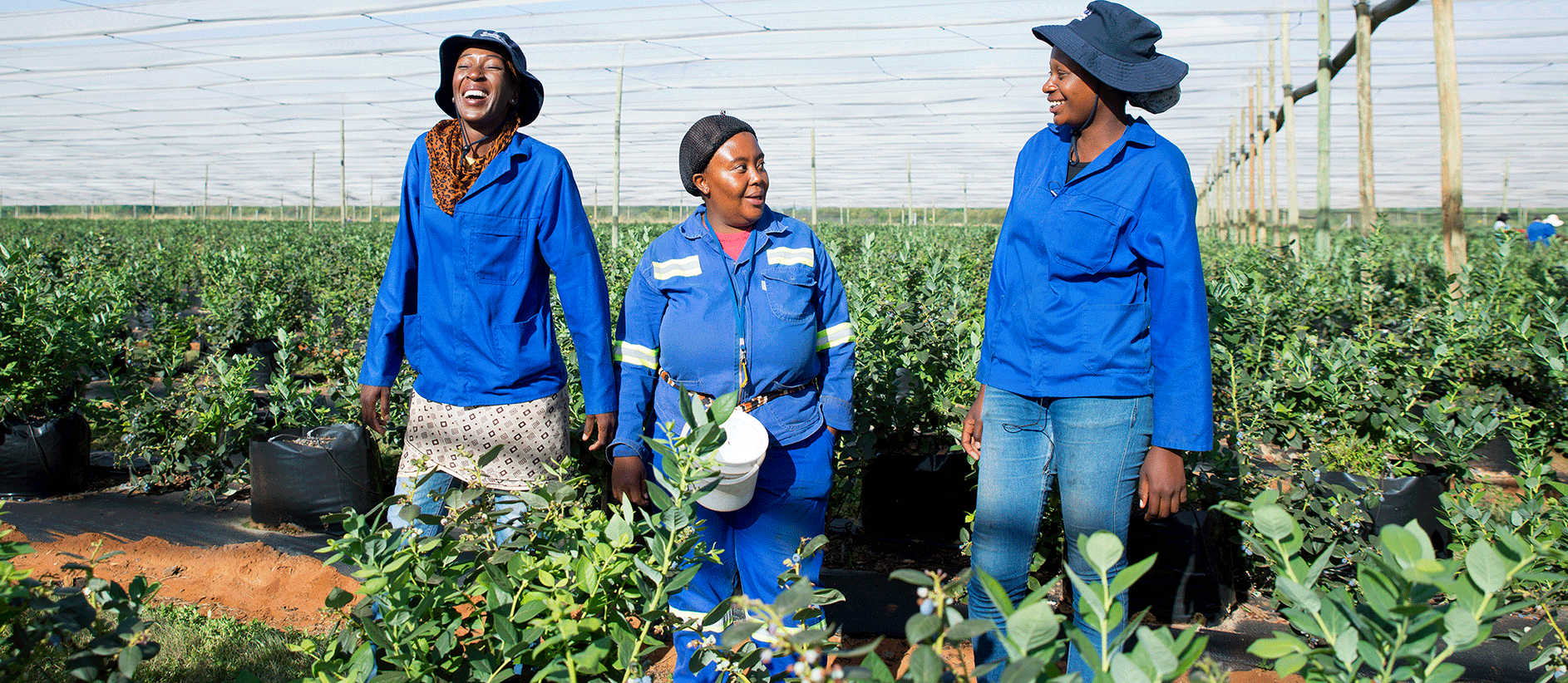The Danish government’s new Africa strategy is exciting and relevant. Africa is a continent of growing importance in terms of global economy and geopolitics, as well as the fight against poverty and climate change. By 2050, almost a quarter of the global workforce will be in Africa, and it is therefore important that Danish companies focus their strategic attention on African countries.
“I would like to commend the government for presenting an ambitious strategy for Africa. It is in everyone’s interest to contribute further to the development of a continent that will play an increasing role in the future,” said Lars Bo Bertram, CEO of IFU.
The private sector is a key driver in the development of the African countries. Today, 9 out of 10 jobs in Africa are created in the private sector, and a larger private sector can also contribute to increased export earnings and local taxes, for example, which will strengthen the countries’ economy and welfare.
“If we are to succeed in securing a better future for the growing African population, it is important that we strengthen the private sector with more investments so that jobs can be created for the millions of young people who will enter the labour market in the coming years. At the same time, a strong private sector will also increase public revenues that can contribute to better welfare for the general population,” said Lars Bo Bertram.
Invests eight billion more in Africa
IFU currently has a total portfolio of investments (equity and loans) in Africa of approximately DKK 3.5 billion in more than 60 companies. With the reform of IFU, which was adopted last year, the efforts are further strengthened, and the expectation is that IFU will invest an additional DKK 8 billion in Africa by 2030.
“We have a long experience of investing in Africa. And for the coming years, we have an ambitious strategy to increase our commitment that can further contribute to supporting the green transition and improving living conditions in Africa,” said Lars Bo Bertram.
Strengthened cooperation with the Danish business community
IFU expects that in the coming years more Danish companies will have a greater focus on investment and trade with partners in African countries. The Danish business community has many skills, products and technologies that can make a difference in Africa. This applies, for example, within climate, food, healthcare and circular economy, where IFU has good experience in helping Danish companies do business in Africa.
This is the case, for example, in Ghana, where we, together with FLSmidth, have invested in a local company that, with technology and equipment from FLSmidth, reduces CO2 emissions by around 20% per ton cement produced. Or together with Coop in Kenya, where we have invested in a coffee roaster that sources coffee beans from local farmers, roasts them locally and exports the coffee to Coop’s Danish supermarkets.
IFU is continuously working on developing new instruments that can assist in improving the Danish business community’s opportunities to do business in Africa. The expectation is that IFU will soon be able to offer new cooperation opportunities targeted at Africa, similar to previous initiatives such as the Ukraine Facility and IFU Impact Ventures.
“Danish business can play an important role in the development of Africa, and at IFU we are ready to make an extraordinary effort to contribute to the success of getting more Danish companies engaged in the African markets,” said Lars Bo Bertram.

